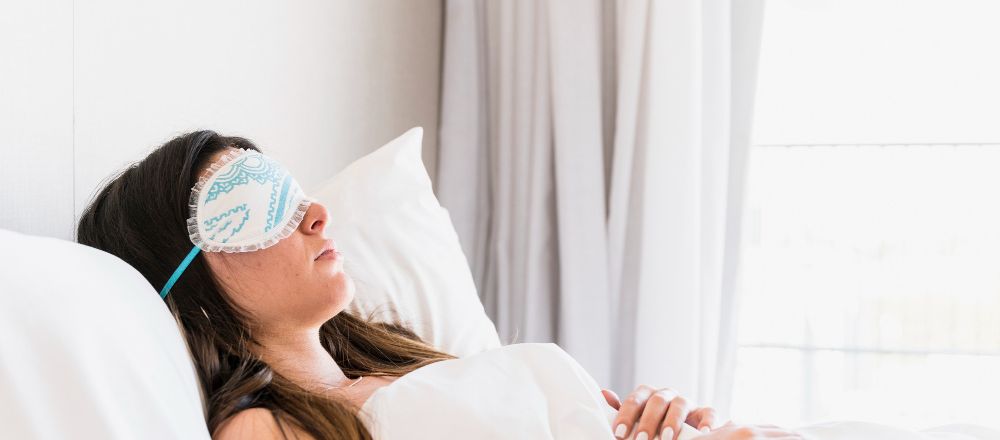Why Is Sleep Hygiene Important?
- Posted On: July 16, 2024
- Posted By: admin

Healthy sleep improves the productivity and overall quality of life. Sleep Hygiene is important for both physical and mental health, and can play a key part in achieving the goal. If you practice good sleep hygiene throughout the day then it impacts both the quality and quantity of sleep you get each night.
What is Sleep Hygiene?
Sleep hygiene is the term that describes healthy habits and you can practice during the day to help you get a good night’s sleep. Your habits before you go to bed during the day and your bedroom environment, all play a role in how well you sleep.
Why is Good Sleep Hygiene Important?
Sleep allows your body time to recharge and your mind to process information but is also essential for your mental and physical well-being. Our brains are unable to function properly without enough quality sleep. Good sleep hygiene can help improve your sleep quality, which in turn can prevent you from developing sleep disorders, help you maintain a healthy weight, lower your risk of developing serious health conditions, help your body fight off diseases, improve your mood, and improve your concentration. If you have poor sleep hygiene then you may feel tired during the day, wake up several times during the night, and find it difficult to fall asleep.
How can you Improve my Sleep Hygiene?
You can make changes in your routine during the day and just before you go to bed to help to improve your sleep hygiene. Before going to bed and getting up at roughly the same time every day, keep regular sleep hours. It will help regulate your body clock and will train your body to rest and remain alert at certain times of the day. You can keep the room temperature at a comfortable level, keep the room as dark as possible, and keep the room as quiet as possible or using earplugs.
What is Insomnia?
Insomnia is when you are not sleeping enough and you are not sleeping well, you are not sleeping as you should. For some people, insomnia is a minor inconvenience and can be a major disruption. Some of the side effects become dangerous when insomnia is severe or long-lasting. Insomnia can cause sleep deprivation, which is usually unpleasant and keeps you from functioning at your best.
How is Insomnia Diagnosed?
Doctors can diagnose insomnia using a combination of methods like asking you questions about your health history, sleep habits, symptoms, personal circumstances, and more. Generally, they recommend certain tests to rule out other conditions that could contribute to insomnia.
Prescription Medicine for Insomnia
There are several prescription medicines that can treat insomnia.
Some medication has legal restrictions because of their working and their side effects. Insomnia Treatment can be done by following medicines.
1) Benzodiazepines include quazepam, estazolam, and temazepam.
2) Antiseizure medication: It includes pregabalin and gabapentin which can help with conditions like restless leg syndrome, which can keep you awake.
3) Orexin: is a wake-promoting chemical in your brain that helps make you sleepy. It includes Lemborexant, suvorexant, and dadidoxant.
for more details contact your physician or medical specialist.